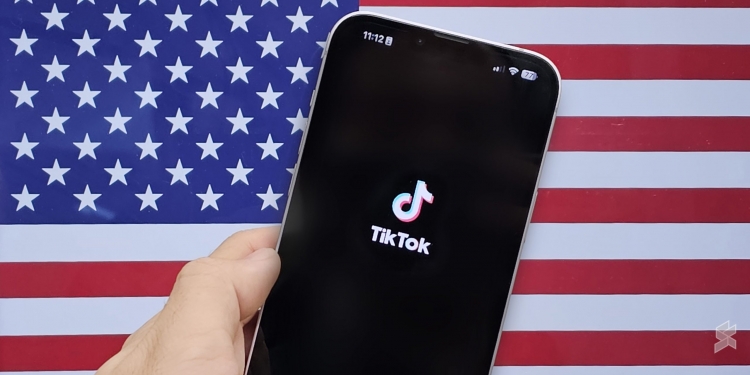For years, TikTok has been subjected to much scrutiny from governments over concerns of alleged spying by the Chinese government, due to it being owned by Chinese company ByteDance. This is particularly true in the US, to the point that the social media platform’s CEO Chew Shou Zi has even been made to testify in Congress against a federal ban earlier this year. Now, Montana has become the first state to sign a TikTok ban into law, which will prevent anyone there from downloading the app.
Now, it should be noted that this isn’t TikTok’s first ban in the country. The US federal government already prohibits the app’s use on its own devices, and several states have issued similar bans for state government agencies, employees, and contractors. But even though both Republican and Democrat lawmakers have been pushing for an outright nationwide ban, regular citizens have been able to freely download the app and use it to their hearts’ content.
The Montana ban is meaningfully different, however. The SB 419 bill, which has just been signed into law by governor Greg Gianforte, will prevent TikTok from operating “within the territorial jurisdiction of Montana” and force app stores to remove “the option to download the TikTok mobile application” not only on government-issued devices but also for every resident living in the state.
To protect Montanans’ personal and private data from the Chinese Communist Party, I have banned TikTok in Montana.
— Governor Greg Gianforte (@GovGianforte) May 17, 2023
While the state won’t penalise users for accessing the app, it has threatened app stores and TikTok itself with a daily fine of up to USD 10,000 (around RM45,255) every time a user “accesses TikTok, is offered the ability to access TikTok, or is offered the ability to download TikTok,” per The Verge.
The law will come into effect on January 1, 2024, so there is time for TikTok to reverse it, especially as a provision to do so is listed in the bill. But that would require the company to find a new owner that isn’t located in a “foreign adversary” nation, and so far, regulatory pressure has not convinced ByteDance to sell.
"We want to reassure Montanans that they can continue using TikTok to express themselves, earn a living, and find community as we continue working to defend the rights of our users inside and outside of Montana."
— Brooke Oberwetter (@brookeOB1) May 17, 2023
TikTok responded by saying that the ban is an “egregious government overreach” and that it plans to fight the bill, although it stopped short of saying it will sue. The company’s spokesperson Brooke Oberwetter also tweeted that the law “infringes on the First Amendment rights of the people of Montana,” adding that Montanans “can continue using TikTok to express themselves, earn a living, and find community as we continue working to defend the rights of our users inside and outside of Montana.”
While TikTok will almost certainly argue that the ban is unconstitutional, the the Montana bill could inspire other states and even other governments to work on a similar ban. The app has already been outlawed in India over similar China-related security issues.
[ SOURCE ]








